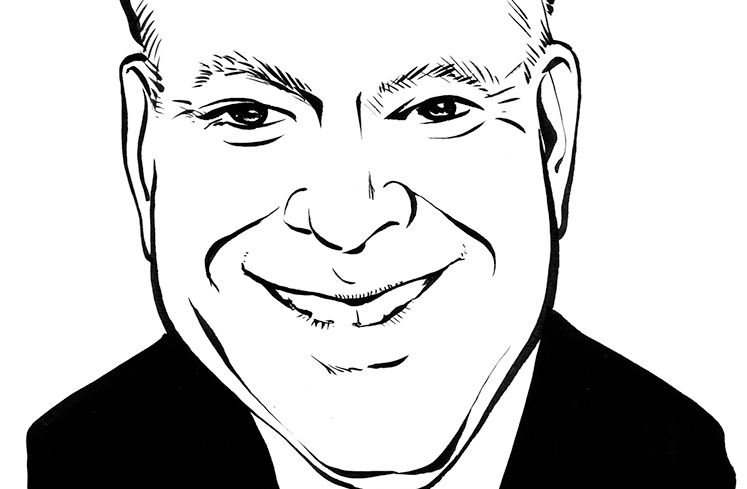A First Look at Legal Issues in Leases, Thanks to Coronavirus
By Joshua Stein March 21, 2020 6:42 pm
reprints
Property owners and tenants have been calling their lawyers with lots of questions about today’s global pandemic. Here is a quick overview of many of those questions, and the answers we are generally giving. All of this, however, is new territory. The legal summaries here should not be relied upon. Each situation depends on its specific circumstances, including, above all, the wording of documents. But the issues and exposures are all genuine.
Rent Holiday? Many tenants face a complete elimination of revenue for an extended time, yet their lease continues, including the obligation to pay rent. Even if they have cash reserves, which most small tenants don’t, they want to hold on to cash as much as possible. Many tenants have been opening conversations with property owners, requesting rent relief. A rent deferral doesn’t help; it just defers the pain.
Some tenants have sought a rent reduction for 90 days, with the situation to be revisited at the end of that time. The rent reduction might range from 50 to 66 percent.
Owner’s Perspective? The owner, on the other hand, knows it must pay real estate taxes, operating expenses, and debt service — none of which went away when the tenant’s revenue did. Contrary to popular perceptions, owners typically don’t have substantial cash reserves, either. But an owner must decide whether it’s better to have vacant space and no revenue (and a claim against a weak former tenant) or space occupied by a weak tenant paying reduced rent.
To the extent an owner agrees to a rent reduction, how do we know the tenant won’t come back next month and ask for a further reduction? In an owner’s perfect world, any rent reduction would also entail a substantial current payment. Whether any tenant can make that payment represents an entirely different discussion.
Tenants that were already sucking wind have decided to go out of business permanently. The lease documents and any guaranties will then determine who has how much exposure for what. But maybe they’ll figure it all out later and maybe it doesn’t matter.
Protective Lease Language? Some leases contain “force majeure” clauses, excusing a tenant from some lease obligations if Acts of God or other events beyond the tenant’s control prevent the tenant from performing its lease obligations. Those clauses rarely apply to any obligations to pay money, though. They just relate to such things as performing construction, maintaining the space, and the like. The tenant still needs to pay the rent on time, according to the lease. And a typical lease devotes a long paragraph to the proposition that the tenant never has any excuse for late payment of rent, no matter what.
Large tenants will sometimes obtain the right to withhold rent if the owner does something that prevents the tenant from using the space. If the government mandates a shutdown, does that qualify? Probably not.
Major mall tenants may have better luck, though it may take a while. Their leases often say they can reduce their rent or even move out if a certain number of other stores have stopped operating. The details of those clauses vary widely. The owner will often have a long time to solve the problem before the tenant can exercise its rights.
Lurking in the background is a concept in contract law called “frustration of purpose.” People often sign a contract, including a lease, based on certain assumptions about why they’re doing that. If those assumptions are completely undercut, then maybe a court will provide relief. But that’s a very uncertain, difficult, and treacherous road to go down, and probably will not help much.
Business Interruption Insurance? Most owners and tenants maintain an insurance package that includes “business interruption” coverage. It typically covers only income lost as the result of a fire or other specific physical event affecting a building. It doesn’t usually cover just any “business interruption.”
The “legal” discussions above are all very unsatisfying. Even though the lease-related legal issues tend to come out in the owner’s favor, that doesn’t help much if the tenants are all out of business. Ultimately the ripple effects of today’s pandemic and national emergency will go far beyond the legal relationships among owners, tenants, and insurance carriers. Government at all levels has already taken unprecedented actions, such as New York’s moratoriums on some mortgage payments and all evictions. We can reasonably expect more such measures, and potentially a very different terrain for real estate law and relationships.
Joshua Stein is the sole principal of Joshua Stein PLLC.



